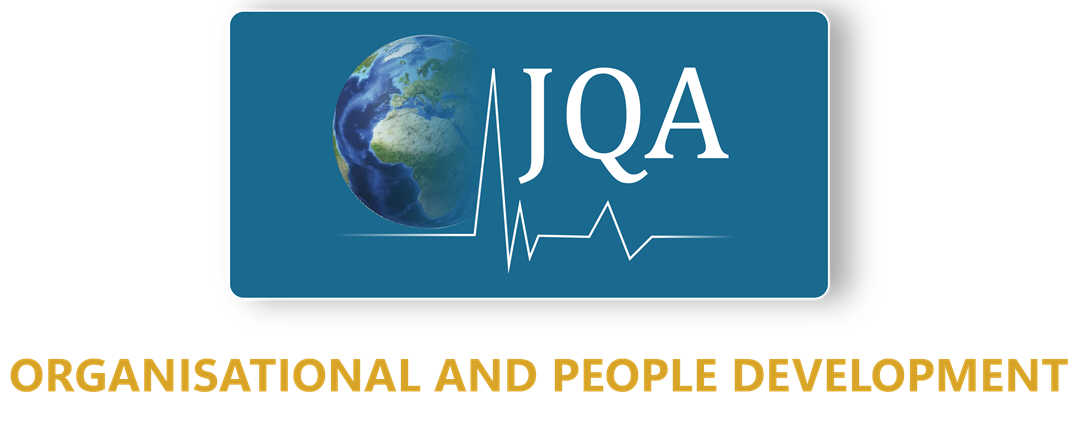Does knowledge about an individual’s personality and temperament improve one’s ability to predict success at work?
Frequently asked questions about Personality Inventories
Everyone is a psychologist in the sense that we attribute qualities to people who we describe in hundreds of different ways such as “friendly” or “ambitious” or “reliable” etc. However, Business Psychologists have a particular reason to want to know about Personality – because the scientific study of personality allows us to predict how people will respond in different circumstances.
- The success of the organisation is based on the sum total of executive decisions regarding multi-faceted, complex issues including reading the environment; scanning for trends; business planning; exploiting business opportunities; creating teams; prioritisation of focus; allocation of financial and human resources; verification and review of performance data; holding others to account for delivery; providing feedback on performance and so on.
- The quality of all of these decisions involving mental processes depends on the quality of intellect as well as the capacity to deploy good judgement, which is a function of both intellect and personality.
- The accuracy of the prediction of future career success will depend on the quality of the synthesis of data on intellectual functioning and personality.
- All of the above takes place within a changing business culture and evolving global business context, which necessitates the capacity to include consideration for how profiles will need to change and adapt to changing work demands.
Measures of Personality
Our instrument of choice is the Neo Personality Inventory because it is rich in diagnostic information regarding the normal personality. Other instruments that are used at the request of our clients are Meyers Briggs MBTI, 16PF Personality Inventory or Occupational Personality Questionnaire (OPQ 32) or the Hogan Personality Inventory. Each of these questionnaires measure what is referred to as the “bright side” of personality and there are possibly two processes at work when people complete personality questionnaires.
Perhaps you have wondered how questionnaires reveal your personality. Candidates respond to items based on their understanding of their “core identity” based on self-knowledge and their knowledge of individual differences. Candidates also select their responses on the basis of their knowledge of how others perceive them, in that they are aware of the adjectives others use to describe them and respond with an eye on how their behaviour creates their “reputation” for being a particular personality type.
Decades of research into personality reveals five core dimensions which capture most of the variance in the way we evaluate personality: Extroversion or Surgency; Conscientiousness; Agreeableness; Openness; and Emotional Stability.
In addition to looking at the “bright side” of personality, in many instances, we also use the Hogan Development Survey (HDS) to examine the “dark side” which looks at the “shadow” aspects that may cause career failure. These are behaviours that cause interpersonal strain when people are under severe pressure or are self-indulgent or not taking care regarding the impact of negative tendencies towards manipulation, arrogance, anxiety, isolation, cynicism and so on. Three general negative trends are identified as (i) “moving away from others”, (ii) “moving against others” and (iii) “being constrained and dependent on others”.
Type (i) characters are likely to be seen to be low in emotional intelligence because of their tendency to be nervous, emotionally remote, cynical, suspicious, moody, changeable, cautious, hesitant, brooding, and intimidating. Strong type (i) tendencies may make these individuals difficult of work with and factors relating to weak Emotional Intelligence may cause career derailment because of interpersonal strain. They sometimes fail to achieve their full potential. The origins of dysfunctional behaviour may stem from defence mechanisms adopted early in life to deal with adverse circumstances. We assess whether candidates show self-awareness and armed with this self-knowledge, whether they are able to regulate their behaviour and adapt to the demands of different work environments.
The learning implication is that it is not only important to get the right people into roles, but it is also vital that opportunities for “team working” (or more accurately “collaborative working”) are created and exploited so that people understand their strengths and weaknesses, submit to peer scrutiny, and learn from each other.
Furthermore, it is incumbent on individuals to maintain their behaviour within acceptable norms and not be self-indulgent or disrespectful to others. Executives who display excessive “dark side” behaviour can cause severe disruption to organisations, as evidenced in corporate failures or worldwide crises such as the Global Financial Crisis in sectors such as Banking.
